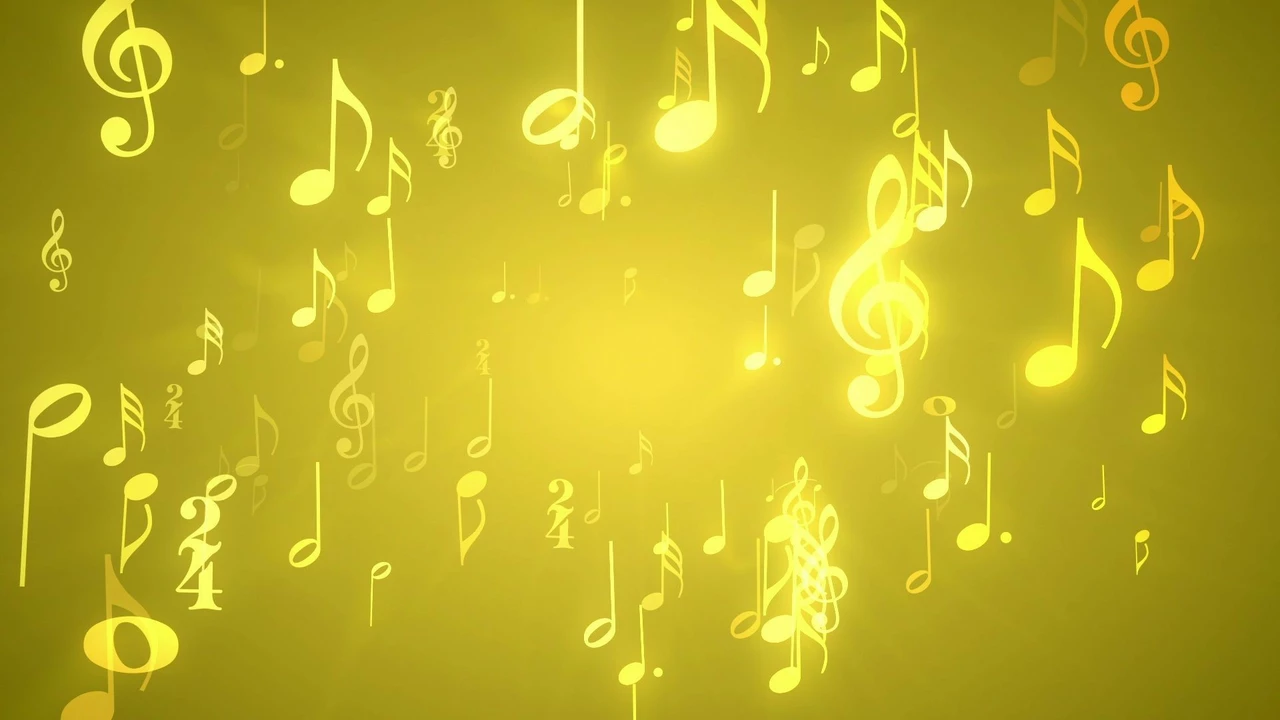Understanding the Basics of Musical Notes
Before we delve into the importance of musical notes in music, it's essential to understand what they are in the first place. Musical notes are the building blocks of music. They are symbols that represent the pitch and duration of a sound in musical notation. Each note has a specific pitch, which determines how high or low it sounds, and a duration, which determines how long it is played. The combination of different notes played in a particular order creates a melody, which is the essence of any piece of music.
Just like the alphabet is crucial in forming words and sentences in language, musical notes are fundamental in creating melodies and harmonies in music. Without them, music as we know it would not exist. They are the basis of all the beautiful symphonies, catchy pop songs, and soulful blues tunes that we enjoy.
The Role of Musical Notes in Melody Creation
One of the critical roles of musical notes in music is in the creation of melodies. A melody is a sequence of notes played in a particular order. It is the tune you hum or sing along to in a song. Each note in the melody has a specific pitch and duration, which gives the melody its unique sound. Without musical notes, there would be no melody, and without melody, a piece of music would lack its distinctive character and appeal.
Think of your favorite song. The part of the song that you most likely remember and sing along to is the melody. This melody is made up of a series of musical notes. The specific combination and sequence of these notes are what make the melody, and consequently the song, recognizable and memorable.
Harmony and the Significance of Musical Notes
Harmony in music is created when multiple notes are played simultaneously to produce a new sound. This is where musical notes play another crucial role. The interaction of different notes played at the same time creates harmonies that add depth and richness to the music. It gives music its fullness and complexity, making it more interesting and enjoyable to listen to.
Harmonies can evoke different emotions in the listener, depending on the combination of notes used. For instance, a harmony made up of C, E, and G notes (a C major chord) often evokes a happy or bright emotion, while a C, E flat, and G (a C minor chord) may evoke a sad or melancholic emotion. This ability to evoke emotion is one of the most powerful aspects of music, and it is largely dependent on the use of musical notes.
Rhythm and the Contribution of Musical Notes
Rhythm is another essential element in music, and it is heavily influenced by musical notes. The duration of each note determines the rhythm of a piece of music. For example, a whole note is held for four beats, a half note for two, a quarter note for one, and so on. By varying the duration of notes, musicians can create different rhythms, which give music its beat and tempo.
A catchy rhythm can make a song danceable, while a slow rhythm can make it soothing and relaxing. Rhythm can also create tension and release in music, making it more dramatic and exciting. Again, without musical notes, this rhythm would not be possible.
The Art of Reading and Writing Music
Lastly, musical notes are the language of music. They allow musicians to write down their musical ideas so that others can play them. This is called musical notation. It's a system of symbols (notes) that represent the pitch and duration of sounds. This allows musicians from different parts of the world to communicate their musical ideas, regardless of their spoken language.
Knowing how to read musical notation is like knowing how to read a book. It opens up a world of musical literature and allows you to learn and perform music written by others. It also allows you to write down your musical ideas, so others can play them. This is why learning to read and write musical notes is a fundamental part of music education.
In conclusion, musical notes play an indispensable role in music. They are the basis of melody, harmony, and rhythm, and they allow musicians to communicate their musical ideas. Without them, music as we know it would not exist.




